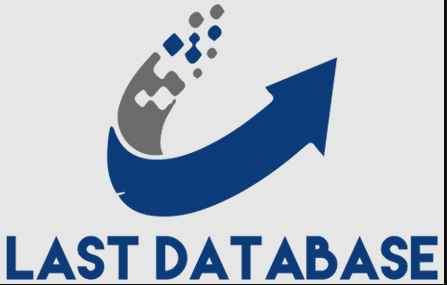Data lies at the core of effective email marketing strategies. Gathering valuable insights from diverse sources helps businesses understand their audience, personalize content, and optimize campaigns. This article explores the key data sources that empower email marketing efforts, driving engagement and conversions.
Customer Relationship Management (CRM) Systems:
Heading 1: Unlocking Customer Insights
CRM systems serve as a valuable repository of customer data, including contact information, purchase history, preferences, and interactions. Integrating email marketing platforms with CRM systems enables businesses to leverage this data for personalized email campaigns. By segmenting subscribers based on their behavior and characteristics, marketers Malaysia Email list can craft tailored messages that resonate with their audience.
Website Analytics:
Heading 2: Tracking User Behavior
Website analytics provide crucial data on user behavior, such as website visits, page views, and click-through rates. By tracking how visitors interact with the website, businesses can identify popular content, preferred products, and potential areas for improvement. Incorporating this data into email marketing campaigns allows for targeted messaging and relevant offers, enhancing engagement and conversion rates.
Subscriber Surveys and Feedback:
Heading 3: Understanding Audience Preferences
Engaging with subscribers through surveys and feedback forms yields valuable insights into their preferences and needs. By directly asking for input, businesses can gather data on what topics interest their audience, their preferred communication frequency, and their overall satisfaction. Leveraging this feedback, marketers can fine-tune their email marketing approach and deliver content that aligns with subscriber expectations.
Purchase and Transaction Data:
Heading 4: Tailoring Offers
Analyzing purchase and transaction data allows businesses to personalize offers based on customer buying behavior. Email marketing campaigns can be enriched with product recommendations, exclusive discounts, or related offers that match individual preferences. By segmenting subscribers based on their purchase history, businesses can target high-value customers and nurture potential repeat buyers.
Social Media Engagement:
Heading 5: Connecting with the Audience
Social media platforms offer valuable engagement metrics, such as likes, shares, and comments, providing insights into audience interests and sentiment. Integrating social media data into email marketing B2B Lead strategies allows businesses to tailor content that aligns with the topics and content that generate the most engagement on social platforms.
Conclusion:
Data is the lifeblood of effective email marketing campaigns. By harnessing insights from diverse data sources such as CRM systems, website analytics, subscriber surveys, purchase data, and social media engagement, businesses can create personalized and engaging email content that resonates with their audience. Data-driven email marketing strategies enhance customer experiences, increase engagement, and ultimately lead to higher conversion rates. As businesses continue to embrace data-driven approaches, email marketing remains a powerful tool to connect with customers on a more personal level and achieve marketing success.







